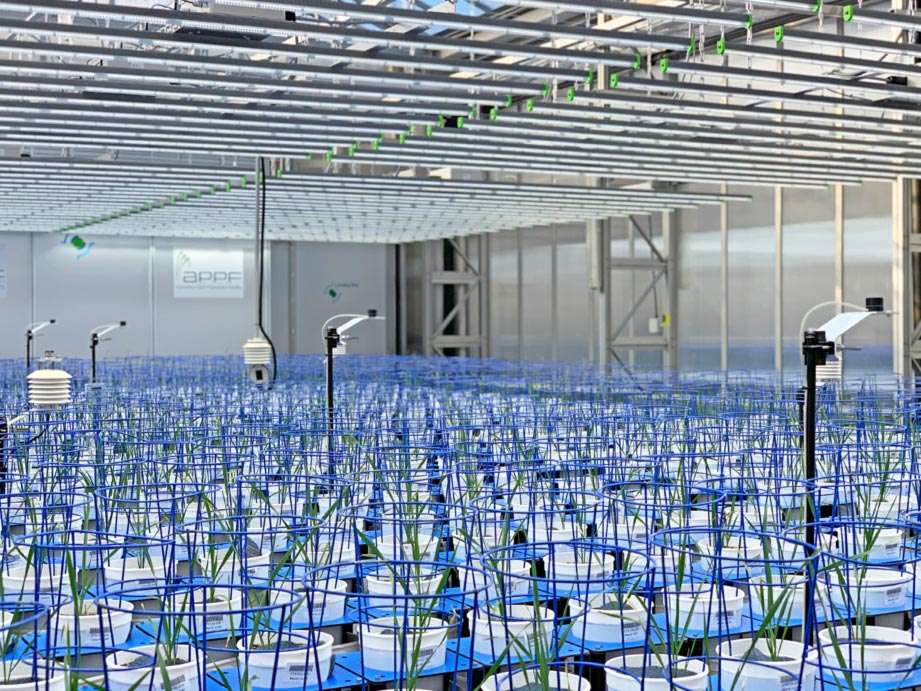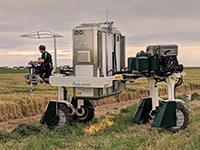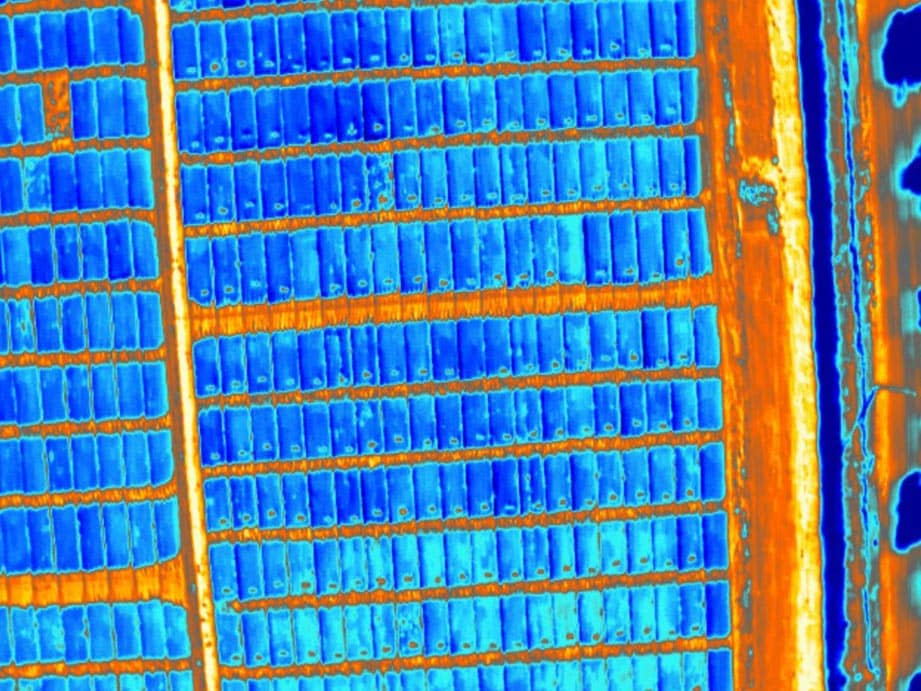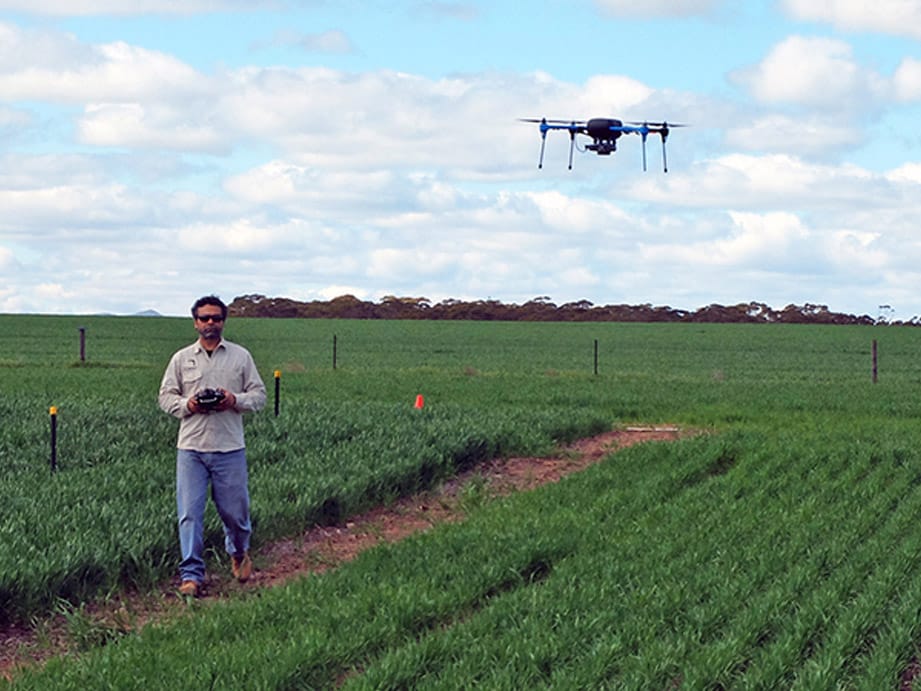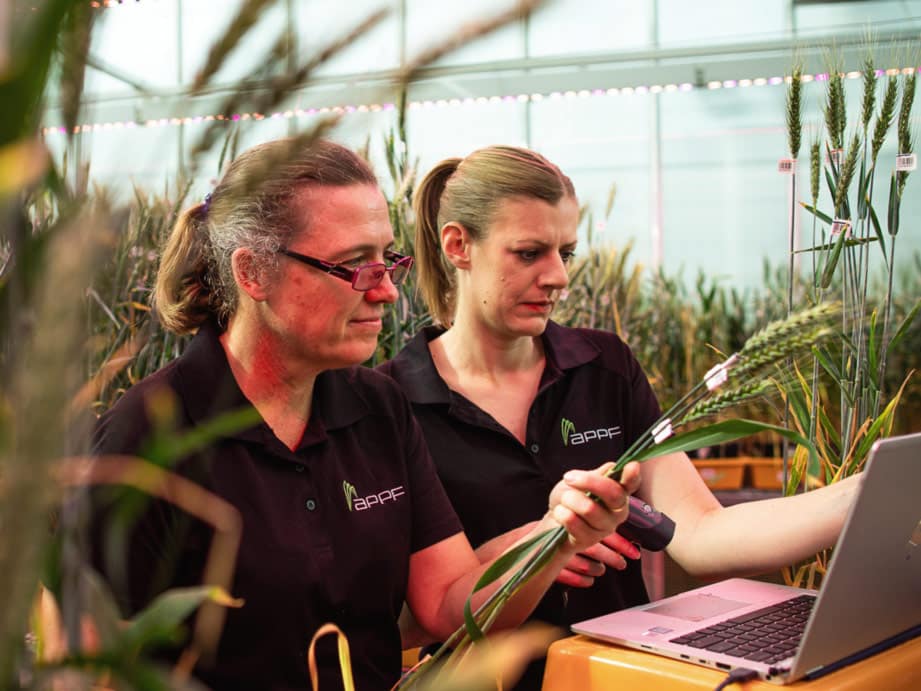Plant Phenomics
The Australian Plant Phenomics Facility (APPF) is a distributed network of national research infrastructure platforms offering open access to state-of-the-art plant phenomics technologies, tools and expertise not available at this scale or breadth in the public sector anywhere else in the world.
Access to our infrastructure is available to academic and commercial plant scientists, from Australia and around the world, to address complex problems in plant and agricultural sciences.
The technology and expertise to support your plant science research
Undertake your research using our state-of-the-art facilities
Each APPF node has unique, specialised facilities that interlink to provide a complementary, seamless service to users. The APPF also provides opportunities for more distantly placed researchers to utilise our facilities, either in person or remotely, through engagement of APPF staff, while mobile equipment is available for field deployment anywhere in Australia.




